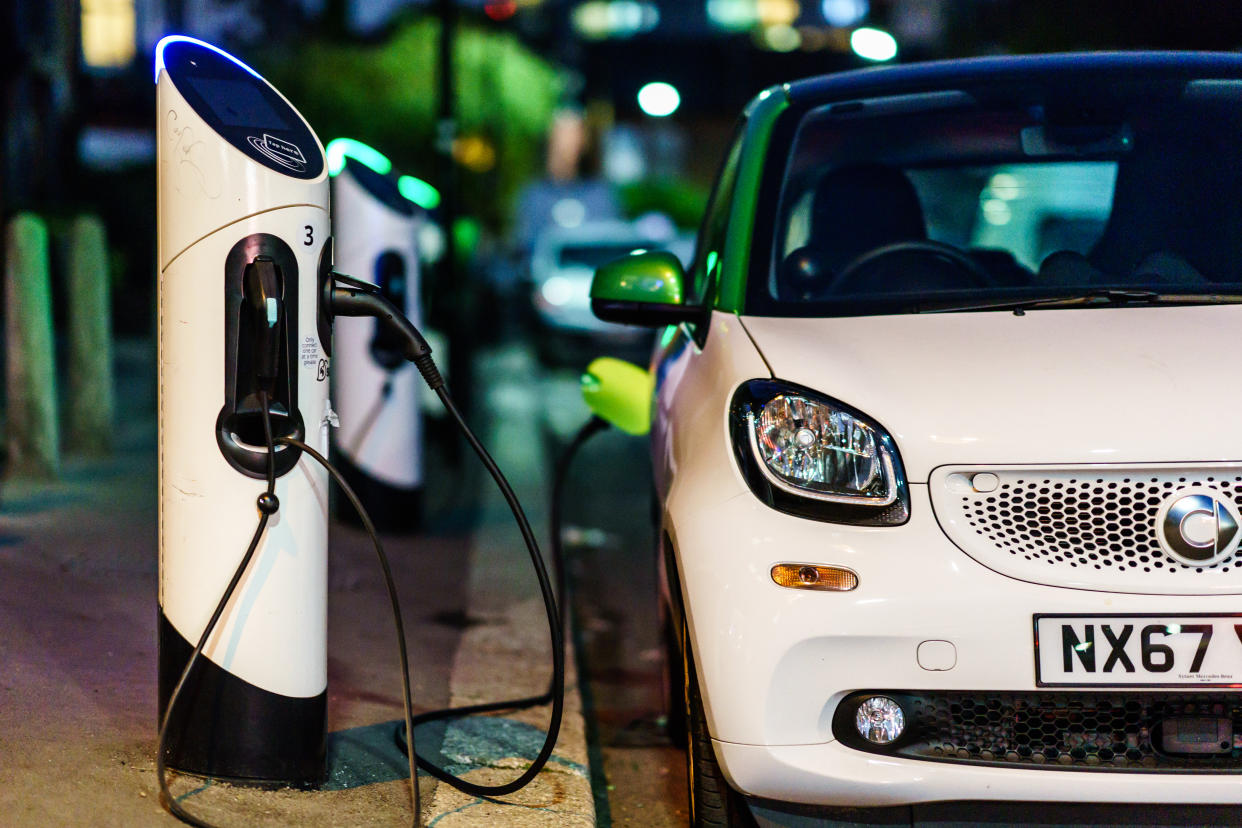Petrol, diesel, and even hybrid cars to be banned by 2035

Prime minister Boris Johnson on Tuesday will announce that a vehicle ban designed to tackle carbon emissions will be brought forward to 2035, and will now include hybrids in addition to petrol and diesel cars.
That year will be the last date that consumers can purchase the vehicles.
The shock inclusion of hybrids comes after experts warned that existing proposals, which were not due to come into effect until 2040, would not be enough to achieve carbon emissions targets by 2050.
In 2019, the UK became the first major economy to pass laws requiring all greenhouse gas emissions to be brought to net zero levels by 2050.
READ MORE: UK firms struggling to recruit skilled workers amid immigration concerns
Johnson will announce details of the policy change at an event to launch the COP26 climate summit, which will he held in Glasgow later this year.
The prime minister will say that the summit is an opportunity to “step up” progress on the protection of the planet, and may even float bringing the ban forward to 2030.
“Hosting COP26 is an important opportunity for the UK and nations across the globe to step up in the fight against climate change,” Johnson is expected to say.
“As we set out our plans to hit our ambitious 2050 net zero target across this year, so we shall urge others to join us in pledging net zero emissions.”
The vehicle ban was originally announced in July 2017 as part of the government’s clean air initiative, but — in a move that was welcomed by the car industry — it emerged in 2018 that hybrid vehicles would not be included in the ban.
READ MORE: EU offers UK 'best in class' trade deal but wants fishing access
Buyers will now only be allowed purchase electric or hydrogen cars and vans once the ban comes into effect in 2035.
The AA warned on Tuesday that the new targets would pose challenges.
“Drivers support measures to clean up air quality and reduce CO2 emissions but these stretched targets are incredibly challenging,” said Edmund King, the president of the group.
Mike Hawes, the chief executive of the Society of Motor Manufactures and Traders said the proposals accelerated an already challenging transition.
“It’s extremely concerning that government has seemingly moved the goalposts for consumers and industry on such a critical issue,” he said.
But the head of science, policy and research at environmental group Friends of the Earth, Mike Childs, said that a 2035 target would still leave the UK in the “slow-lane of the electric car revolution.”


